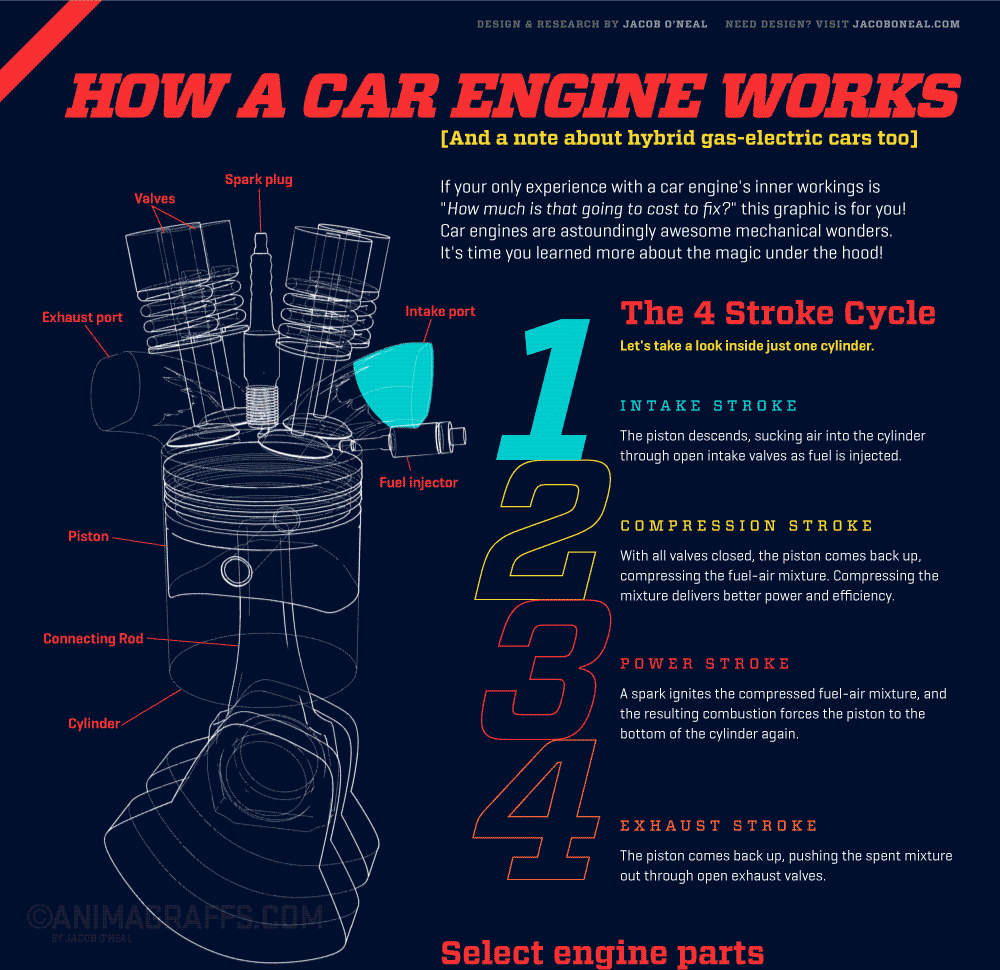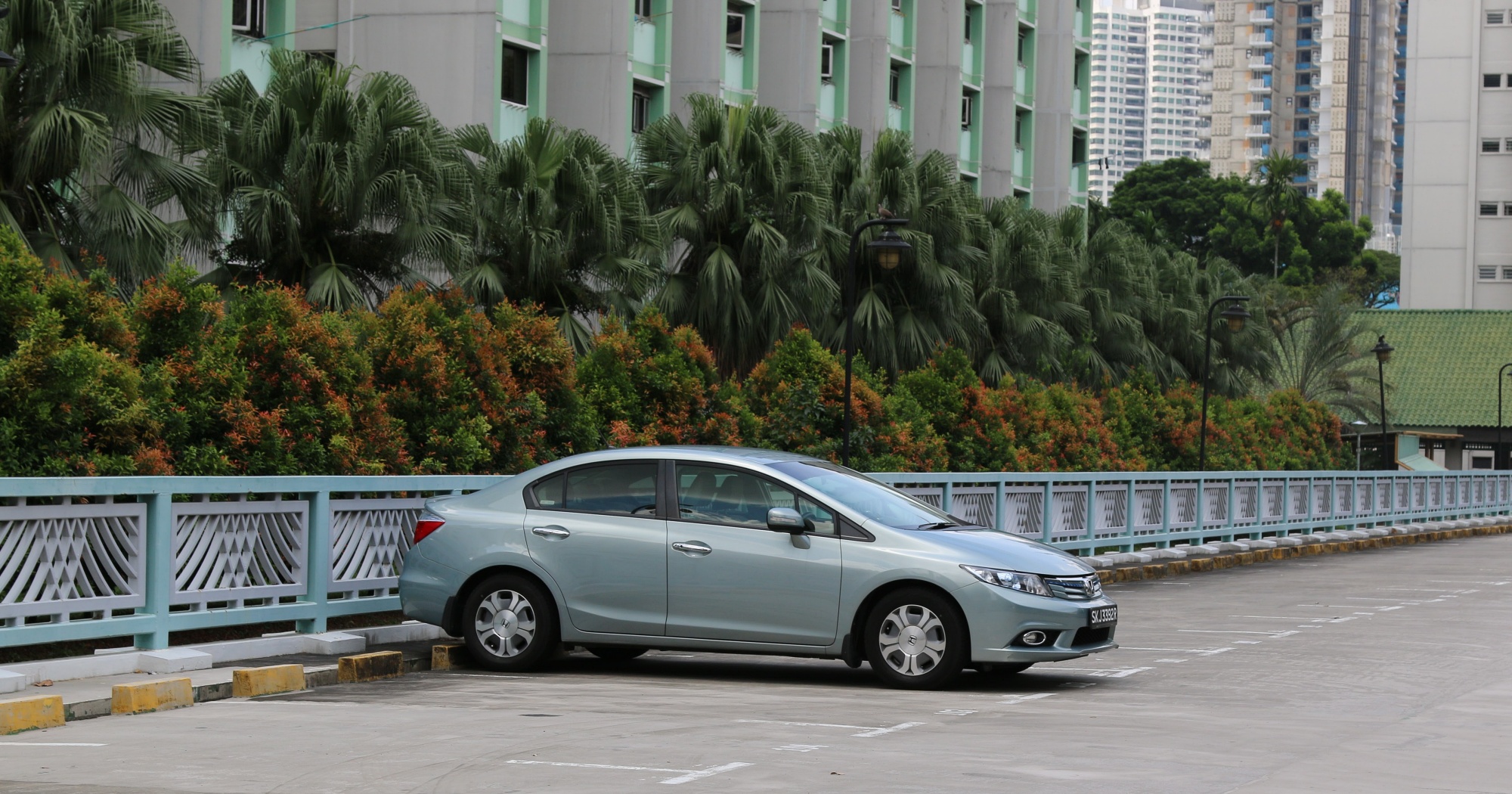The Singapore government is aiming to cease new diesel car and taxi registrations from 2025, and to require new car and taxi registrations to be of cleaner energy models from 2030, said Transport Minister Ong Ye Kung during the Committee of Supply Debate on the Singapore Green Plan in Parliament today (March 4).
All cars in Singapore have to be registered before they are allowed on the roads.
This means that there will be no new diesel cars and taxis from 2025, and no new internal combustion engine cars and taxis from 2030.
This move is part of the government's goal of having all vehicles in Singapore run on cleaner energy by 2040.
What are "cleaner energy" vehicles you might ask. These include electric vehicles, hybrid vehicles, and those which are powered by hydrogen fuel cells.
However, as these are rapidly evolving technology, the government will be monitoring them closely and define the models which can be registered before 2030, said Ong.
What are internal combustion engines?
Internal combustion engine vehicles refer to those that make use of the ignition and combustion of fuel to turn chemical energy into mechanical energy to drive a car.

Internal-combustion engines typically make use of fossil fuels like diesel and petrol. When burned, they produce pollutants which include carbon monoxide, nitrogen oxides, particulate matter, carbon dioxide, and unburned hydrocarbons.
The alternative to internal-combustion engine vehicles include those powered by electricity, a hybrid of electricity and fuel, and hydrogen fuel cells.
In order to facilitate the adoption of cleaner energy vehicles, the government will deploy 60,000 electric vehicle charging points across Singapore by 2030, and build up electric vehicle charging infrastructure in HDB towns.
LTA is also revising the road tax structure for mass-market electric cars, such that higher-powered electric cars (90kW to 230kW) will see a reduction of up to 34 per cent in road tax, making them more affordable.

Ong said that Singapore stands to enjoy about 50 per cent in net carbon savings by switching from internal-combustion engine vehicles to electric vehicles.
Singapore's target for peak emissions is to hit 65 metric tonnes of carbon dioxide equivalent around 2030, with the goal of halving it to 33 metric tonnes of carbon dioxide equivalent by 2050. The country aspires to reach net zero emissions as soon as viable in the second half of the century.
Top image by Joshua Lee.
If you like what you read, follow us on Facebook, Instagram, Twitter and Telegram to get the latest updates.
